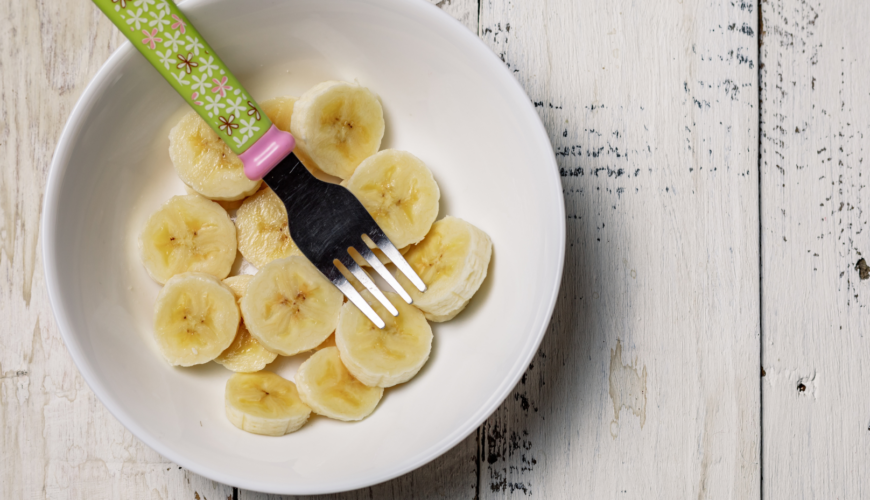Does Acid Reflux have you caught in a bind? Feeling a burning sensation around your heart? Despite what the name implies, heartburn or acid reflux has nothing to do with your heart. When you experience a burning sensation in your chest, it is because acid is building in your stomach and esophagus, thus resulting in mild to severe discomfort when eating. When it hits, it can last for just a few minutes or as long as several hours. Either way, it’s uncomfortable — so it’s no surprise if you’re looking for a way to get rid of the sensation fast.
So What Causes Acid Reflux?
According to the American College of Gastroenterology, stomach acid is needed to break down the food you eat, something your stomach has no trouble handling. Your esophagus, on the other hand, is irritated by it.
To keep stomach acid (and digesting food) in your stomach and out of your esophagus, a circular ring of muscle at the tube’s base, called the lower esophageal sphincter, acts as a valve. When this valve is relaxed, food you’ve consumed is allowed to pass through to your stomach. When contracted, this valve prevents this food and acid from backing up into your esophagus.
If this valve relaxes abnormally and stomach acid is allowed to travel back into your esophagus, acid reflux occurs. Heartburn is the most well-known and obvious symptom.
It is important to note that acid reflux and heartburn are sometimes caused by an underlying medical condition, so it is important to consult your doctor when finding out if you have acid reflux.
Common triggers include:
- Overeating or eating too quickly
- Lying down too soon after eating
- Consuming certain foods, including caffeine, carbonated beverages, alcohol, peppermint, citrus, tomato-based products, chocolate and fatty or spicy foods
- Being overweight
- Smoking
- Stress and anxiety
What Are The Best Ways to Fight Acid Reflux at Home?
- Eat Alkaline Dense Food
Bananas are high in potassium which makes it a fairly alkaline food.
The high potassium content of a banana makes it a fairly alkaline food. And, according to the Academy of Nutrition & Dietetics, this means it may help counteract the stomach acid irritating your esophagus.
Other alkaline foods that may help offset heartburn include melons, cauliflower, fennel and nuts.
- Begin a Food Journal
When understanding the underlying causes of your acid reflux, keeping a food journal that mentions certain foods and drinks that can trigger your reflux is key to discerning treatment options. This option can help identify the specific foods most likely to give you issues by keeping a food and symptom log. Once you do identify them, avoid these foods and drinks whenever possible.
- Become Mindful about Mealtime
When it comes to preventing acid reflux, it is important to mindfully approach mealtime. Watching portion sizes at meals can go a long way. Having a large amount of food in your stomach may put more pressure on the valve that keeps stomach acid out of your esophagus, making acid reflux and heartburn more likely. Also, it is important to note that laying down on a stomach full of food can also trigger acid reflux and make symptoms worse.
- Join a Clinical Trial
Sometimes, we can get better screening and care when considering joining a clinical trial for acid reflux if first-line treatments are no longer working. When joining a clinical trial for acid reflux, doctors will run lab results and rule out any other diagnosis’ causing the condition before entrance into the trial. They can devote more time and really help you understand the symptoms to the disorder and treat you with complimentary investigational medicine.
Sounds interesting? Visit our studies page to join our Preferred Research Partners acid reflux clinical trial today.

